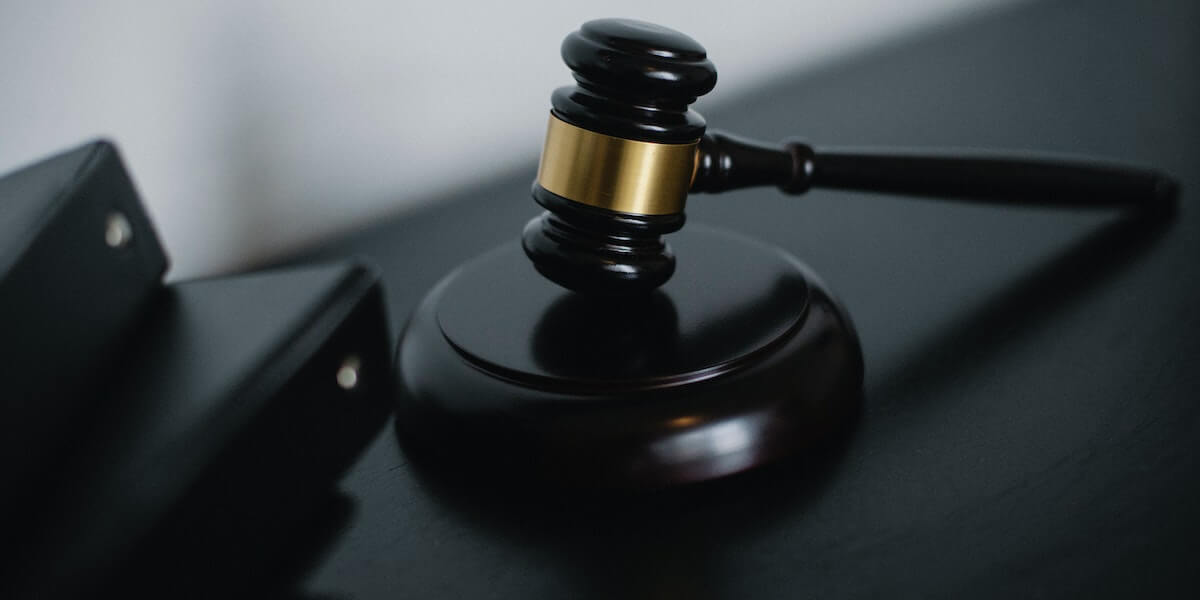Obtaining a security clearance is required for individuals working in government, military, defense contracting, and other fields requiring access to classified information that could impact national security. However, security clearances are not automatically granted to all applicants, and many face denial or revocation due to concerns about their background, financial history, or personal conduct. When this happens, individuals have the right to appeal the decision through a structured security clearance appeal process.
Navigating Security Clearance Appeals
The security clearance appeals process follows a highly structured approach. After receiving a Statement of Reasons (SOR) explaining why clearance was denied, applicants can submit a written response or request a hearing. A hearing allows them to present evidence, present witnesses, and argue their case before a Defense Office of Hearings and Appeals (DOHA) administrative judge or an agency’s Personnel Security Appeals Board (PSAB). The judge will review the evidence and issue a decision, which can be further appealed if necessary.
What Is a Security Clearance Denial or Revocation?
A security clearance denial means that an applicant has been found ineligible for access to classified information based on one or more alleged violation of the Adjudicative Guidelines. A revocation occurs when an existing clearance is withdrawn due to newly discovered concerns. These decisions are made by agencies such as the Defense Counterintelligence and Security Agency (DCSA) and DOHA for contractors and service members or agency-specific adjudicators for certain agencies.
Security clearance decisions are based on Executive Order 10865 (Safeguarding Classified Information Within Industry) and Executive Order 12968 (Access to Classified Information), which establish guidelines for determining eligibility. If a person’s background raises concerns about their trustworthiness, reliability, or judgment, their clearance may be denied or revoked.
Common Reasons for Security Clearance Denial
Denials and revocations are often based on concerns outlined in Security Executive Agent Directive (SEAD) 4. Some of the most common reasons include:
- Financial issues: Unpaid debts, bankruptcies, or failure to meet financial obligations.
- Criminal conduct: Arrests, illegal drug use, or association with criminal activity. The purchase and sale of illegal drugs (ie., investing in state-legal marijuana sales) will also trigger allegations of both criminal and drug guideline violations.
- Foreign influence or preference: Close ties to foreign nationals that could present a security risk.
- Personal conduct: Dishonesty, falsified documents, or past misconduct.
- Substance abuse: History of drug or alcohol abuse, particularly if ongoing.
- Failure to disclose information: Intentionally omitting information or providing misleading or incomplete information on the SF-86/e-QIP form.
If your security clearance was denied or revoked, make sure you have a clear understanding of the reason(s) why in order to develop an effective appeal strategy.
You can contact us 24 hours a day, 7 days a week via phone at 8885294543, by e-mail at info@tullylegal.com or by clicking the button below:
Steps to Take After a Security Clearance Denial
If your security clearance has been denied or revoked, take the following steps to strengthen your appeal:
- Carefully review the Statement of Reasons (SOR): Identify specific concerns raised by the agency and gather supporting documents to counter these concerns.
- Request a hearing or submit a written appeal: Government contractors typically appeal through DCSA or DOHA, where they can request a hearing before an administrative judge. Some federal employees appeal through their agency’s Personnel Security Appeals Board (PSAB). You may request a hearing if the written response to the SOR fails to mitigate the government’s concerns. You receive the final decision after the hearing is held. For service members only, the hearing is the appeal. Their final decision came after their written response to the SOR. If you are going to the PSAB, you are already past the hearing, and you are now appealing the final decision.
- Review the File of Relevant Material (FORM): This file contains evidence used against you, so identify any inaccuracies or missing context that could be challenged.
- Prepare your response and evidence: Collect letters of recommendation, financial records, rehabilitation proof, or legal documentation, and develop a well-structured legal argument to counter the allegations.
- Seek legal representation: A law firm experienced in security clearance appeals can help present evidence, draft responses, and argue your case.
Prepare Your Security Clearance Appeal
A well-prepared appeal is the key ingredient of a successful outcome. Applicants should address each concern in the SOR with clear explanations and ample supporting evidence. This may include demonstrating rehabilitation efforts, debt resolution, or proof of good character through letters from employers and supervisors. If foreign influence is an issue, evidence showing minimal security risk can help. A well-structured response that directly counters the concerns raised improves the chances of clearance being granted. However, you cannot submit new evidence in an appeal. The evidence already in the appeal must be highlighted.
Potential Outcomes of a Security Clearance Appeal
The appeal process can result in one of three possible outcomes: (1) clearance is reinstated, (2) additional evidence is requested, or (3) the appeal is denied.
Tips for Strengthening Your Appeal
To improve your chances of success, consider these useful tips:
- Respond quickly: Meet all deadlines to avoid automatic denial.
- Be honest and transparent: Adjudicators value integrity and responsibility.
- Submit a well-organized legal brief: Use clear, concise language and highlight supporting evidence already in the record and the transcript from the hearing.
- Consult a security clearance attorney: A lawyer can help guide you through complex regulations and build a stronger case.
Adjudicating a Security Clearance Denial
For federal employees and contractors, the typical security clearance adjudication process includes:
- receive an SOR and notice of intent to deny/revoke (not a final decision)
- written response to the SOR;
- if unsuccessful, request a hearing or personal appearance – held by DCSA, DOHA, or the Agency (2nd level review, not an appeal); and
- if unsuccessful, appeal (written appeal of the final decision, which comes after the hearing if one is requested).
For military members, typical adjudication of a security clearance includes:
- receive an SOR and notice;
- written response to SOR (only one bite at the apple); and
- if unsuccessful, appeal to a hearing (this is an appeal).
It should be noted that some federal agencies adjudicate their own matters, and although there is a push to consolidate adjudications (DCSA), it hasn’t fully happened yet.
Ready to book your consultation? Click below to pay our consultation fee and book your meeting with an attorney today!
Legal Representation and Its Importance
Security clearance appeals can be complicated and highly technical, which can be difficult to handle for individuals without adequate legal representation. An experienced law firm can help draft compelling responses, present evidence effectively, and walk you through hearings before an administrative judge. A security clearance lawyer can make sure you comply with the adjudication guidelines, challenge government evidence, and overall improve the applicant’s chances of a favorable outcome.
Speak With a Lawyer Today!
If your security clearance has been denied or revoked, you don’t have to go through the security clearance appeal process alone. A knowledgeable attorney can help you understand your rights, gather strong evidence, and present a compelling case.
Tully Rinckey attorneys understand that issues involving security clearances can be challenging, and they will handle your matter with the attention it deserves. If you have additional questions about rejection, or revocation of a security clearance, our team of attorneys is available to assist you today. Please call 8885294543 to schedule a consultation or schedule a consultation online.








